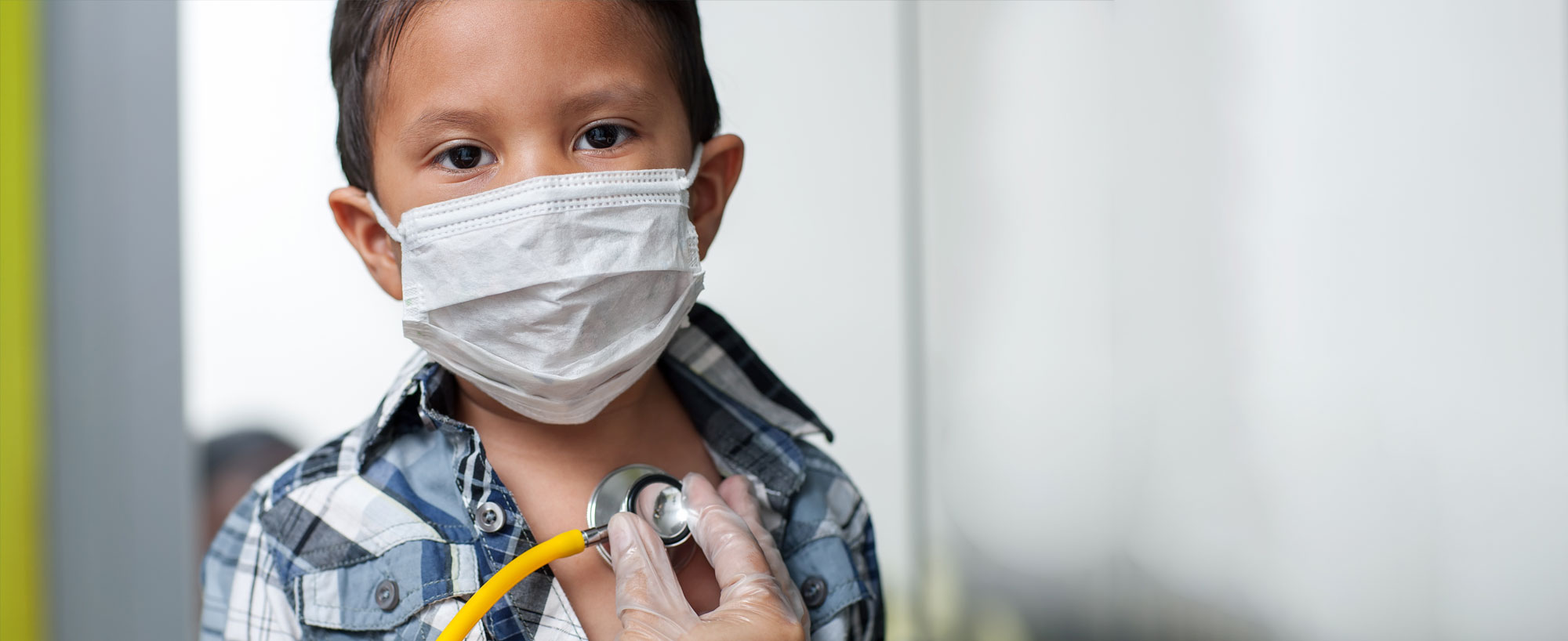Global Health

Global Health Education
International Educational Conferences
In collaboration with the Pediatric Residency Program at the Hospital Civil de Guadalajara, our programs coordinate a monthly International Educational (tele)Conference. Case presentations alternate between residents in Guadalajara presenting in Spanish and UCSD/RCHSD residents presenting in English. Medical translation services are present. Selected faculty with global health interests, bilingual skills, and relevant subspecialists are present to help facilitate the discussion.
Community Immersion Days
Developed by the PACCT program (Pediatricians and Community Collaborating Together), this series raises awareness about the societal factors contributing to child health and increases understanding of the many cultures in San Diego and the surrounding area.
International Experiences
Global Research
Residents may choose to focus on clinical research, curriculum development, advocacy or policy-making. We can help suggest potential research mentors based on prior resident experiences to guide global research opportunities.
Think Globally, Act Locally (TGAL)
This unique, local, binational global health elective exposes residents to the diverse cross-border, immigrant, and refugee populations in the greater San Diego County and Tijuana areas. This two-week TGAL elective takes advantage of our location on an International border and provides residents with a perspective that will help them better care for patients at Rady Children’s Hospital and in their future careers. Residents commute to health facilities in Tijuana, Mexico to learn about some of the challenges of practicing medicine in resource-limited settings and border and global health. As a part of the elective, residents are provided with global health literature and modules to deepen their education.
Future Directions
Following graduation, some residents who have done electives abroad continue to focus on global health in their careers. Several have chosen to work with immigrant populations in the primary care setting, while others have chosen to pursue additional training by way of a fellowship in global health.
